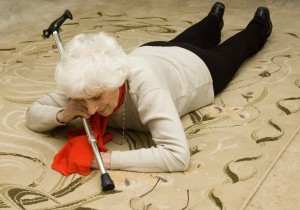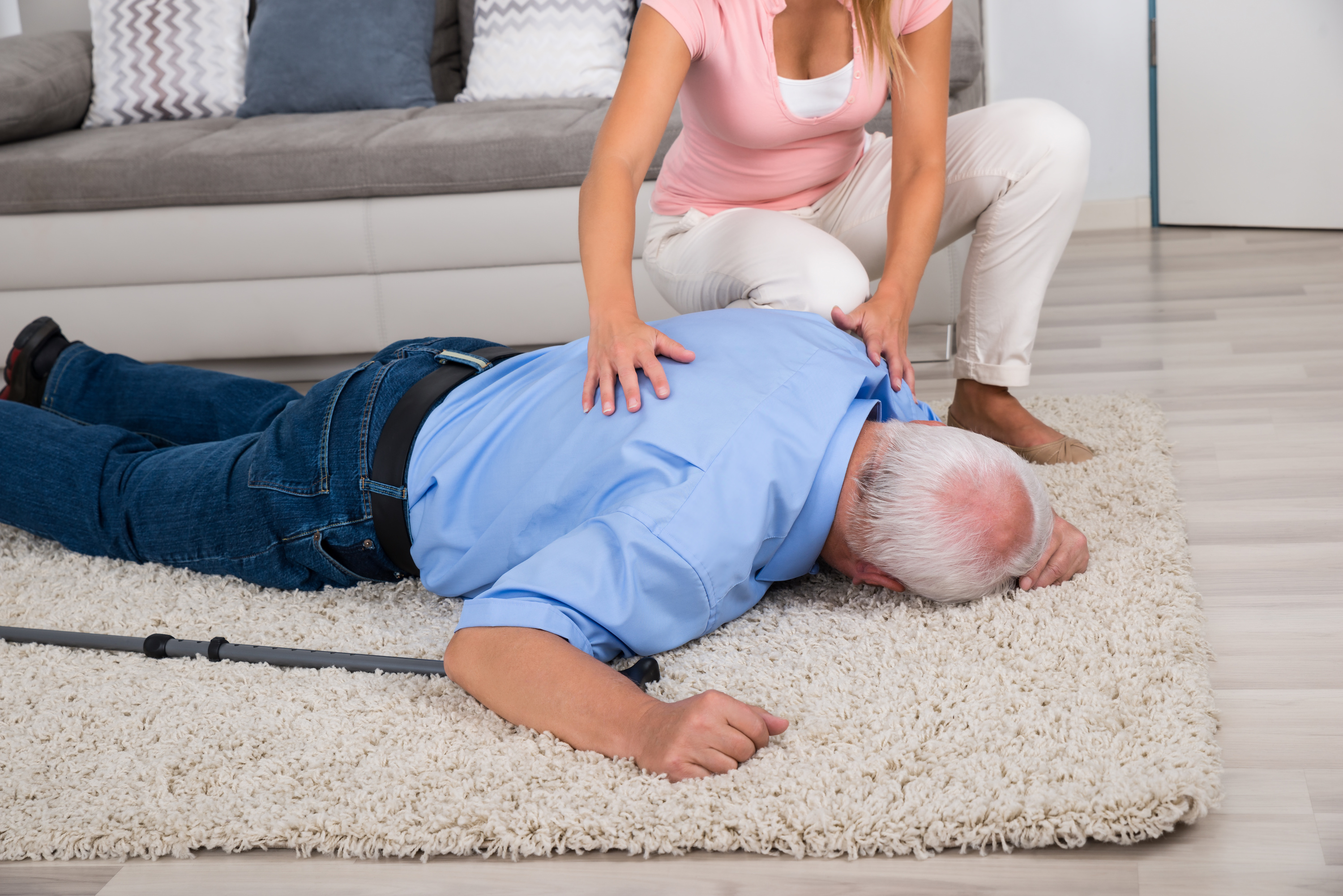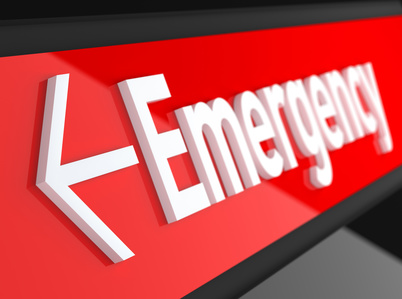Senior Falls and Medications: What’s the Story?
 Falls continue to be the most common cause of both fatal and nonfatal injuries to older adults, with about one-third of the U.S. population over the age of 65 experiencing a fall each year. In the event of a fall, immediate medical assistance is needed. Even if you feel that you are fine, you may have experienced injuries that you don’t immediately feel.
Falls continue to be the most common cause of both fatal and nonfatal injuries to older adults, with about one-third of the U.S. population over the age of 65 experiencing a fall each year. In the event of a fall, immediate medical assistance is needed. Even if you feel that you are fine, you may have experienced injuries that you don’t immediately feel.
If a fall leaves you unable to reach a phone to seek help, alert systems for seniors can be the perfect tool to ensure that help is just the press of a button away. These wearable bracelets and pendants are equipped with a button that connect you immediately with an operator. Some brands offer automatic fall detection, and will issue a call for medical assistance if a fall is detected. This is an important feature, as a fall may lead to loss of consciousness, or an injury that renders you unable to call or press a button.
Some common risk factors that increase the risk of a fall include decreased eyesight, poor balance, muscle weakness, confusion or disorientation, the type of shoes you are wearing, and tripping hazards present in the home. Many seniors don’t realize that the underlying cause of a fall could be hiding in the medicine cabinet.
Polypharmacy: How Medications Affect the Body
An unfortunately reality of getting older is that health can deteriorate with age, and many seniors take multiple medications to manage their health concerns. But prescription medications have known side effects, and the side effects are compounded when multiple medications are taken every day. A study found that older adults taking four or more medications were at the greatest risk for experiencing a fall.
The problem with drug-related falls is that it can be difficult to ascertain whether the fall was caused by the medication itself, or by the condition the medication was treating. Furthermore, drugs can interact with each other and create balance problems and the risk of a fall, even when an individual drug may not have this effect when taken alone.
Some drugs increase the risk of falling by affecting balance, causing confusion, or impairing vision, but the most common issue is decreased blood pressure, or “hypotension.” Hypotension often occurs when we stand up too quickly – our vision may go black, and we may feel dizzy or faint. Many medications increase the risk of hypotension, heightening the risk of falls.
Alert Systems for Seniors: Staying Safe from Drug-Related Falls
Whether you have experienced a fall or not, consider bringing all your medications to your next doctor’s appointment to review any concerns and instructions, and to ensure you are taking them correctly. If you have been experiencing an increase in dizziness, confusion, feeling faint, or other change, be sure to talk to your doctor about possible drug interactions and side effects. Whenever you move from lying down to a seated or standing position, or from seated to standing, take enough time. Move slowly to allow your blood pressure to adjust, and wait until any dizziness subsides before you stand up.
If you want to protect against the serious health consequences associated with a fall, look at our reviews of the various alert systems for seniors. These systems are the most effective way to ensure help will be on its way if you fall and are injured.



